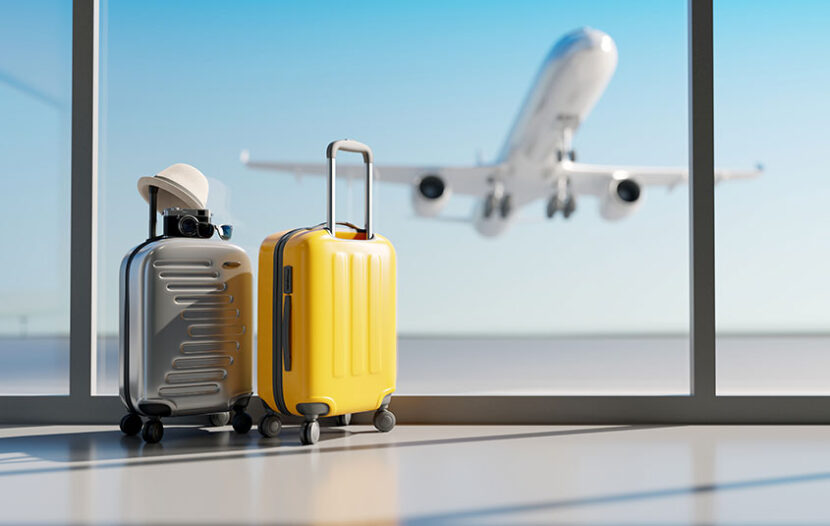TORONTO — Are flight disruptions due to crew constraints a safety-related issue or not?
With the motion filed by WestJet with the Federal Court of Appeal earlier this month, that question may finally get a definitive answer, one that could impact refund policies not just for WestJet but for other Canadian carriers as well.
As reported earlier this week, WestJet filed the motion in a bid to quash a directive from the Canadian Transportation Agency (CTA) to pay a passenger $1,000 in compensation for a flight disruption caused by crew constraints. Air Canada has also come under fire for denying refund claims based on crew constraints.
Categorizing flight disruptions due to crew constraints as a safety-related issue has left many passengers looking to claim refunds out of pocket. Canada’s passenger rights charter, the Air Passenger Protection Regulations (APPR), mandates airlines to pay up to $1,000 in compensation for cancellations or significant delays that stem from reasons within the carrier’s control when the notification comes 14 days or less before departure. But airlines don’t have to pay if the change was required for safety purposes.
Air Canada has said it remains committed to continue fulfilling its obligations under APPR. Air Canada also points to a study by the CTA, published November 2020, of airline handling of APPR cases. As Air Canada notes, it found that “there was no evidence gathered during the course of the inquiry that suggests that the respondent air carriers deliberately mischaracterized flight disruptions or miscommunicated to passengers with the purpose of relieving themselves of their obligations towards passengers.”
Broader APPR rules are set to come into effect Sept. 8, 2022, “to ensure passengers are compensated for flight delays, cancellations, and other incidents that may be out of an air carrier’s control,” according to Transport Canada.
FEDERAL GOVERNMENT FIRES BACK
At the Aug. 19 hearing into Canada’s airport chaos, Minister of Transport Omar Alghabra said he didn’t want to pre-judge individual claims now in the hands of the CTA. “But I don’t feel that labour issues can be used” to reject compensation claims, he said.
Meanwhile the federal government’s latest airport operations update, issued last night, includes the most specific reference to date about airlines categorizing crew constraints as safety-related issues and therefore denying refund claims.
“In Canada, airlines must follow the requirements of the Air Passenger Protection Regulations, which outline compensation requirements for passengers for flight disruptions due to incidents within an airline’s control, including crew shortages if the airline could have prevented the flight disruption with proper planning,” says the statement from the government, right off the top.
It adds: “New regulations taking effect on September 8, 2022, will also ensure that passengers are offered the option of a refund for flights that are cancelled, or where there is a lengthy delay due to reasons outside of an air carrier’s control.”

